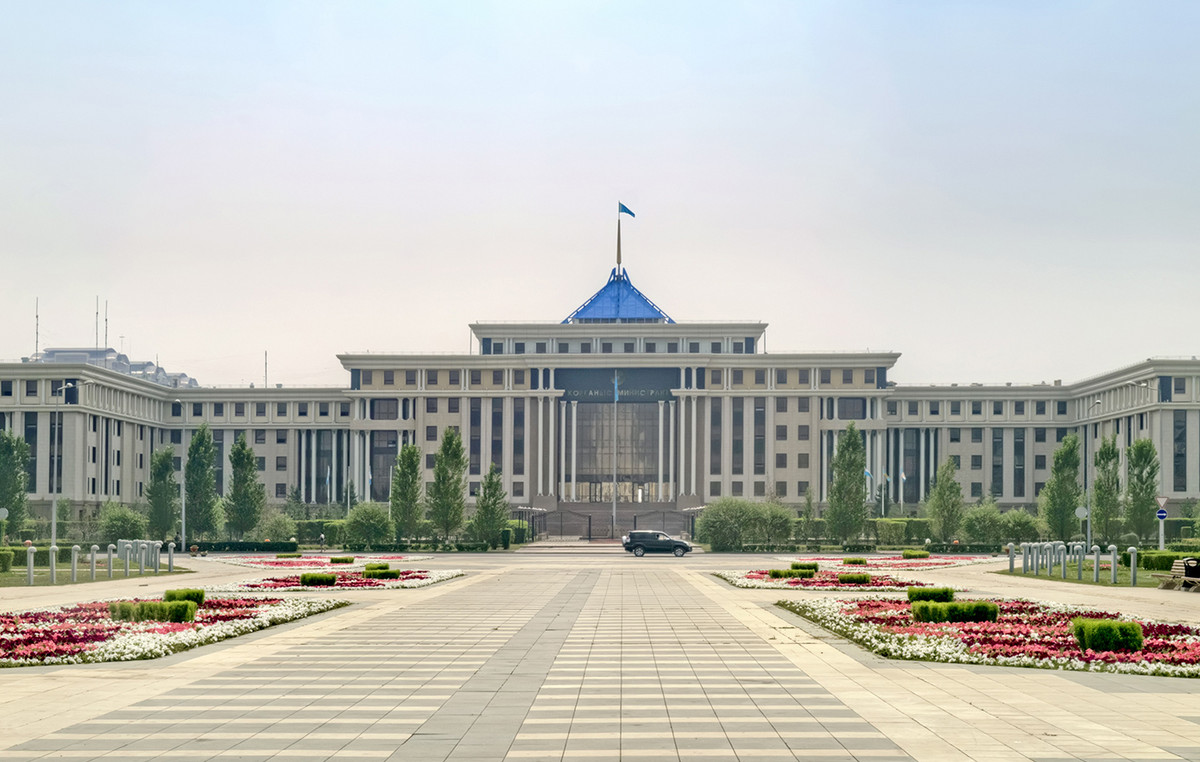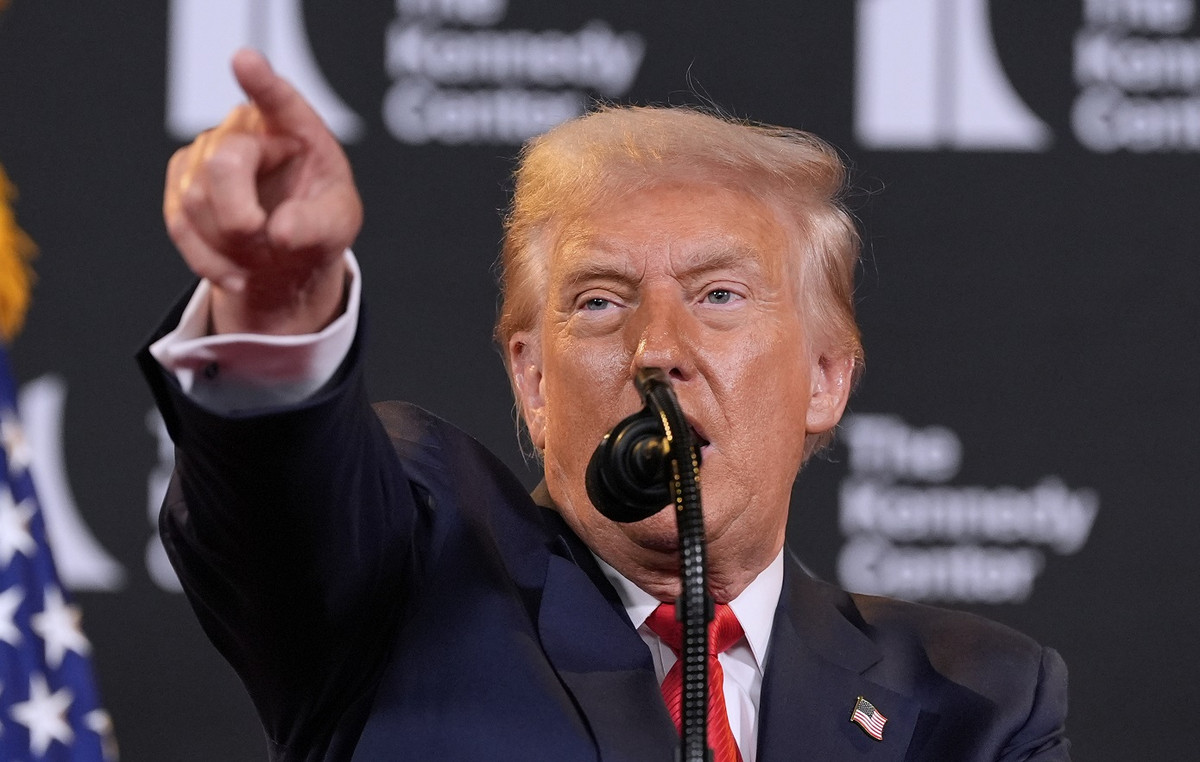By Costas Raptis
“Constructive and professional.” This is how Russian President Yuri Usakov described the telephone conversation that took place on Saturday between Joe Biden and Vladimir Putin. in clear contradiction with the international alarm caused by the statements of the US National Security Adviser Jake Sullivan from last week that the legendary Russian invasion of Ukraine will probably take place before the end of the Kremlin Winter Olympics on the 20th of the month.
The climate of alarm (which Moscow describes as an orchestrated hysteria, insisting that it has no intention of invading Ukraine) was exacerbated by the continued withdrawal of unnecessary Western diplomats from Kiev, as well as the withdrawal of American and British observers. OSCE on the front line in eastern Ukraine.
The Biden-Putin conversation lasted a little over an hour and was scheduled for today, Monday, but it was rushed against the backdrop of this heavy atmosphere. And while the official White House statement leaves the impression that the debate was dominated by the threat of sweeping sanctions in the event of Russian military advancement, Usakov gives a more complex picture. As he mentioned, the issue of sanctions was raised, as expected, but most of the discussion was devoted elsewhere. According to the Kremlin, Putin summarized the entire history of NATO-Russia relations from the 1990s onwards, while the US president made proposals to de-escalate tensions between the two sides. According to Usakov, these proposals largely “overlap” (and therefore do not fully coincide) with the written responses of the US and NATO to the two draft international treaties submitted by Moscow in mid-December, which are not in the form of a quasi-ultimatum. Biden’s proposals were to be considered together with responses whose inter-ministerial assessment by the Russian side is virtually complete.
One gets the impression that in the midst of war rhetoric, diplomacy has not exhausted its potential and that Biden has presented something new, which, as much as it does not cover Russia’s aspirations, cannot be ignored. After all, the two leaders agreed to continue the dialogue at the official level.
The fact that the White House statement on Biden’s subsequent speech to Ukrainian President Volodymyr Zelensky did not present the “Russian invasion” as “imminent” also indicates a lowering of the tone in relation to Sullivan’s statements.
It could not be otherwise, as Kiev itself feels increasingly uncomfortable with this rhetoric, if nothing else because it affects the Ukrainian economy, while Ukrainian Foreign Minister Dmitry Kuleba announced that the “nuclear choice” Among the sanctions under consideration, namely Russia’s expulsion of Russia from the international Swift payment system, has been put out of discussion due to the objections of some European countries.
According to research by JPMorgan, major European banks, including UniCredit, RBI, Société Générale and ING, have large exposure to Russian debt and risk losing billions if Russia’s expulsion from Swift.
A complex and risky “choreography” seems to unfold with both Biden and Putin looking for a way out of the difficult position in which the pressure of the “priests” brings the former inside, and the latter his self-commitment to an aggressive stance. , which he can not submit to personally, if he is not able to invoke a certain diplomatic victory. The escalation of the climate of emergency may make it easier for them to accept some prudent compromises in the face of the enormous risks involved. But it can also have its own life, making the risks a reality.
Read also:
* The US-Russia confrontation over Ukraine is leading to its most intense week
Source: Capital
Donald-43Westbrook, a distinguished contributor at worldstockmarket, is celebrated for his exceptional prowess in article writing. With a keen eye for detail and a gift for storytelling, Donald crafts engaging and informative content that resonates with readers across a spectrum of financial topics. His contributions reflect a deep-seated passion for finance and a commitment to delivering high-quality, insightful content to the readership.







